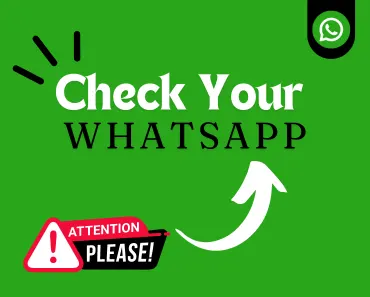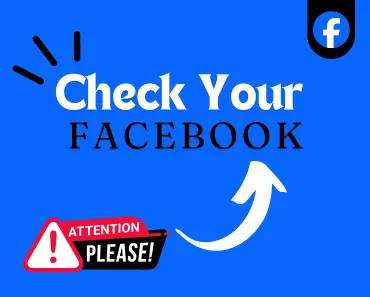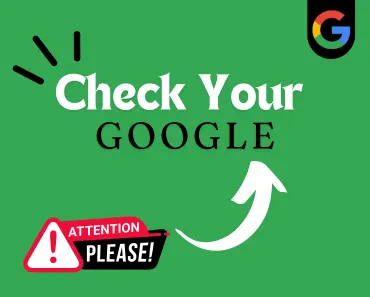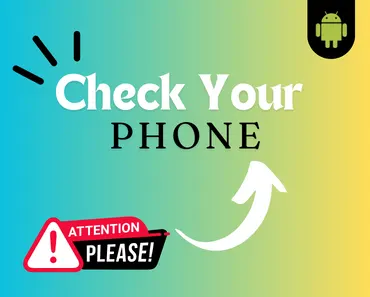
In an era where cyber threats are rampant, it’s crucial to be vigilant about the security of your computer. Hackers are constantly finding new ways to gain unauthorized access to personal and sensitive information, potentially compromising your privacy and data security. Here are some signs that your computer may have been hacked and steps you can take to address the issue:
Signs of a Hacked Computer
- Unexplained Changes in Performance: If your computer suddenly starts running slower than usual, experiencing frequent crashes, or exhibiting other performance issues without any apparent reason, it could be a sign of malware or unauthorized activity.
- Suspicious Network Activity: Monitor your network activity for any unusual connections or data transfers. If you notice unexpected network traffic or your internet usage is unusually high, it may indicate unauthorized access.
- Strange Pop-Ups or Ads: Pop-up windows, banners, or ads that appear out of nowhere, especially when you’re not browsing the internet, could be a sign of adware or malware infection.
- Unexpected Programs or Files: Keep an eye out for unfamiliar programs, files, or shortcuts on your desktop or in your file directories. Hackers may install malicious software or leave behind traces of their activity.
- Changed Passwords or Account Settings: If you find that your passwords no longer work, or if you receive notifications about changes to your account settings that you didn’t authorize, it could indicate that someone else has gained access to your accounts.
- Missing or Altered Files: Check for missing or altered files, especially sensitive documents or personal data. Hackers may delete or manipulate files as part of their unauthorized access.
- Ransom Messages: If you receive a ransom message demanding payment in exchange for unlocking your computer or files, it’s a clear indication of a ransomware attack.
What to Do If Your Computer Is Hacked
- Disconnect from the Internet: Immediately disconnect your computer from the internet to prevent further unauthorized access and data exfiltration.
- Run Antivirus and Anti-Malware Scans: Use reputable antivirus and anti-malware software to scan your computer for malicious programs and malware. Follow the software’s instructions to remove any threats detected.
- Change Your Passwords: Change the passwords for your email, social media, online banking, and other sensitive accounts to prevent further unauthorized access. Use strong, unique passwords for each account.
- Update Your Software: Ensure that your operating system, antivirus software, web browser, and other applications are up to date with the latest security patches and updates.
- Restore from Backup: If you have backups of your data, consider restoring your computer to a previous state before the hack occurred. This can help eliminate any malicious software or changes made by the hacker.
- Monitor Your Accounts: Keep a close eye on your bank statements, credit card transactions, and online accounts for any suspicious activity. Report any unauthorized transactions or changes to your financial institution and relevant service providers.
- Seek Professional Help: If you’re unsure how to handle the situation or if you suspect the hack has caused significant damage, seek assistance from a professional cybersecurity expert or IT support team.
Prevention is Key
While dealing with a hacked computer can be stressful and disruptive, taking proactive steps to enhance your cybersecurity can help prevent future incidents. Practice good cybersecurity hygiene by regularly updating your software, using strong passwords, avoiding suspicious links and downloads, and being cautious when sharing personal information online. By staying informed and vigilant, you can better protect yourself against cyber threats and minimize the risk of a successful hack.






